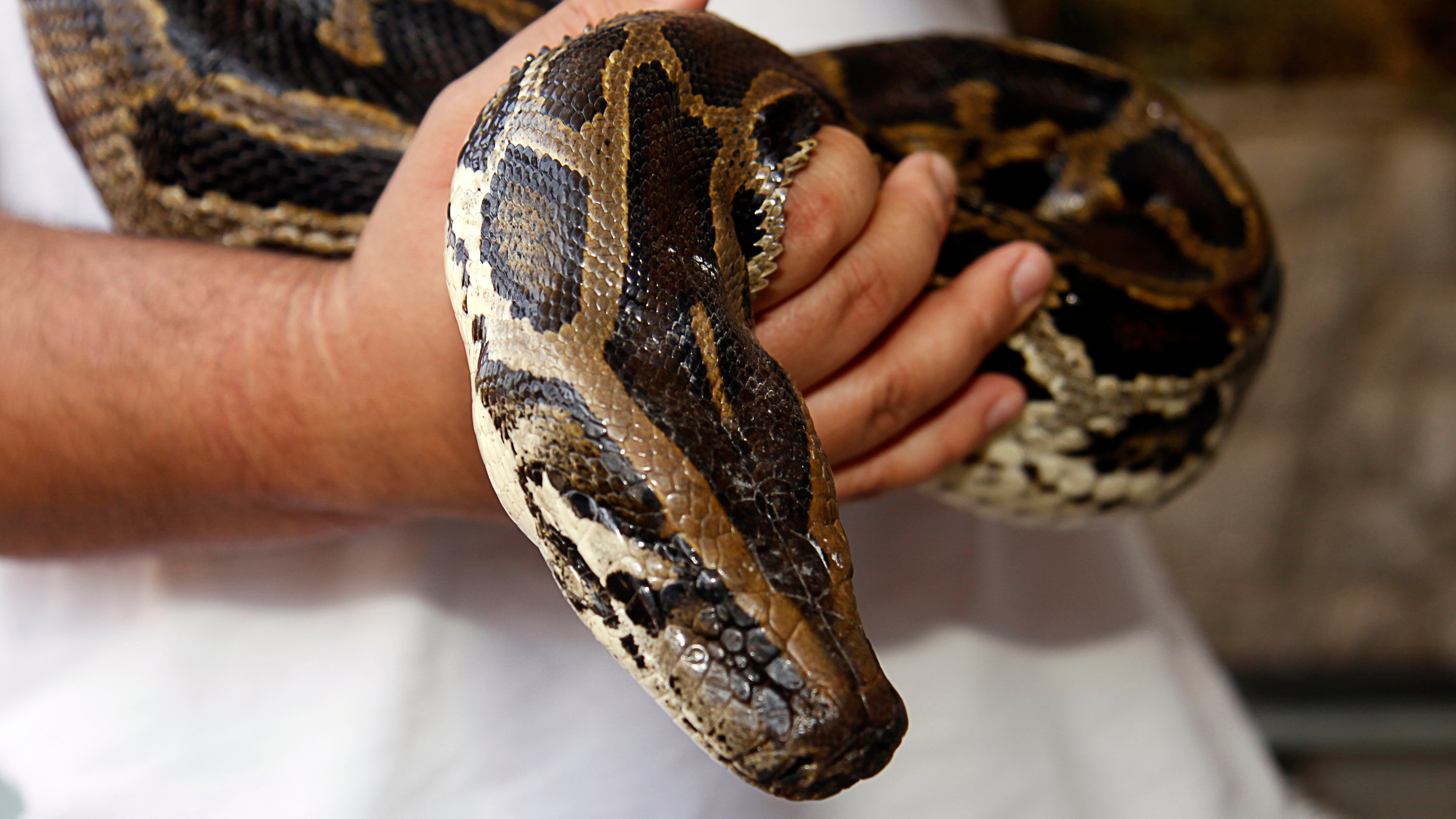
Handling Reptiles
Just like any pet, no reptile will immediately take to being handled.
Many people falsely assume you cannot handle reptiles. In fact, many reptiles can be socialised to a degree and can be routinely handled.
More about handling reptiles
- Buy captive bred reptiles. These are more likely to be socialised, and less likely to have parasitic disease.
- Wash your hands before. This is important if you have multiple reptiles to prevent disease transmission, but also helps prevent bites. Reptiles generally have well developed sensory organs, and for predatory reptiles smelling something tasty on your hand can fool them into an attack.
- Wash your hands after. Reptiles can carry salmonella, so wash your hands straight after handling to safeguard your health.
- Communicate. For predatory reptiles, striking is either for food or in self-defence. When you want to handle your reptile let them know that this isn’t a food visit – you can train a signal such as touching their nose with a non-food item (not your hand!), remove them using tools such as a snake hook, or only feed them in a specific place where you don’t handle them.
- As reptiles are cold blooded they need the warmth of their vivarium. Don’t get them out for too long – on average 30 minutes should be the maximum, but take into account the ambient temperature as this might be less in winter.
- Use slow, calm movements so you don't appear threatening to your reptile.
- Always support all of your reptile's weight.
- When stroking your reptile, stroke from head to tail to avoid damaging their scales.
While most reptiles can tolerate some handling, some species are well known for being more docile.
These include:
- Geckos
- Bearded dragons
- Slider turtles
- Ball pythons
It’s important to note that all reptiles can be irritable and not open to being handled, depending on their health and other factors. Hunger, shedding and illness can all contribute to a reptile not wanting to be handled.
Vet top tip: Handling reptiles
Iain Cope, Practice Owner & Veterinary Surgeon at Vets4Pets Newmarket
 BSc(VetSci)Hons BVM&S CertAVP(ZM) MRCVS RCVS recognised Advanced Practitioner in Zoological Medicine
BSc(VetSci)Hons BVM&S CertAVP(ZM) MRCVS RCVS recognised Advanced Practitioner in Zoological Medicine
"Interacting with snakes when they are young is important for socialisation. However, it's important to be aware that some species such as arboreals and ghost corn snakes are known to be more aggressive. Did you know that hog nose snakes are unlikely to bite, instead they play dead and release horrible smells when scared or threatened?"
